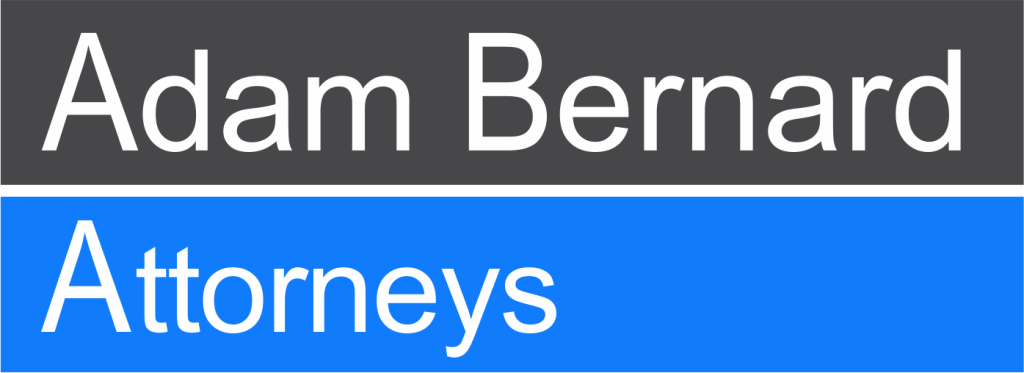

The Trump H-1B update 2025 has left many professionals and employers confused about what it really means and who it affects. With news spreading quickly, doubts and questions have started to rise—especially around the new $100,000 fee requirement. In this blog, we break down the update in the simplest possible words so you can clearly understand the rule, know whether it applies to you, and learn what steps you may need to take.
On September 19, 2025, the Trump administration announced a major change to the H-1B visa program. This blog explains what those changes are, who they affect, common questions people have, and what steps you might consider taking. The goal is to clear doubts in the simplest possible words.
Here are the key points of the update according to official Whitehouse proclamation:
$100,000 fee requirement
Any new H-1B visa petition for people outside the U.S. must now include an extra payment of $100,000. Employers or petitioners must pay this fee in addition to existing filing costs.
Restriction on entry
If the fee is not paid, the U.S. government can deny entry for H-1B visa holders who are outside the country when the rule takes effect.
Effective date
The proclamation applies from 12:01 a.m. Eastern Time on September 21, 2025.
Changes to wage rules
The Department of Labor has been instructed to raise “prevailing wage” levels. This means H-1B roles will likely require higher salaries to qualify.
High-skilled, high-paid priority
The program will now focus on making H-1Bs available for highly skilled workers who are well-paid. Lower-wage hires will face stricter scrutiny.
Exemptions
There are some case-by-case exemptions if hiring a worker is deemed in the national interest.
It’s crucial to know whether this rule applies to you.
| Affected | Not affected |
|---|---|
| New H-1B petitions filed for individuals outside the U.S. after September 21, 2025. | Current H-1B holders already inside the U.S. as of the cutoff. |
| Employers or petitioners sponsoring new visas must pay the $100,000 fee. | Renewals, extensions, or changes of employer for people already inside the U.S. are not currently included. |
| Those who had not yet participated in the 2025 lottery. | People who already participated in the lottery or had visas approved before the rule took effect. |
The administration’s stated goals are:
Protecting U.S. workers from being replaced or underpaid.
Reducing misuse of the H-1B system.
Raising wage standards so foreign hires are compensated more fairly.
Encouraging companies to hire the “best and brightest” rather than low-cost labor.
Do I need to pay $100,000 if I already have an H-1B visa?
No. If you already hold H-1B status and are inside the U.S., this new fee does not apply to you.
What if I travel outside the U.S. after having H-1B?
There may be risks, depending on whether your petition was filed under the new rule. Avoid unnecessary travel until further guidance is issued.
Is the $100,000 fee a one-time cost or yearly?
It is a one-time fee for new petitions. It is not charged annually.
Does it affect renewals or extensions of existing visas?
At this time, renewals, extensions, or employer changes for those already inside the U.S. are not included.
Who counts as “outside the U.S.” for this rule?
If you are physically outside the U.S. when your petition is filed, and it’s a brand-new petition (not a renewal), then this fee applies.
Legal challenges may be filed to block or delay the rule.
Detailed guidance will be released by U.S. immigration agencies to clarify payment procedures, exemptions, and documentation.
Companies may change hiring strategies, reserving H-1Bs for only senior or highly paid roles.
Check your status — Are you already on H-1B inside the U.S.? If yes, you’re safer for now.
If you’re outside the U.S., confirm whether your petition can be filed before the effective date.
Seek legal advice — Immigration attorneys can guide you based on your personal case.
Employers should budget for the new fee if they still plan to sponsor workers.
Stay updated by monitoring official announcements from U.S. immigration agencies.
Workers & families: This change makes it harder and more expensive for foreign professionals to come to the U.S.
Employers: Particularly in tech, healthcare, and engineering, companies will need to think twice about sponsoring foreign talent.
The U.S. economy: Supporters say the rule protects American jobs and raises wages. Critics argue it may drive talent to other countries and reduce innovation.
From Sept 21, 2025, new H-1B petitions for people outside the U.S. require a $100,000 fee.
Current H-1B holders inside the U.S. are not required to pay.
Renewals, extensions, or employer changes for existing visa holders are unaffected for now.
The rule focuses on high-paid, high-skilled workers and raising wage standards.
It is vital to stay informed and seek legal guidance if you are affected.